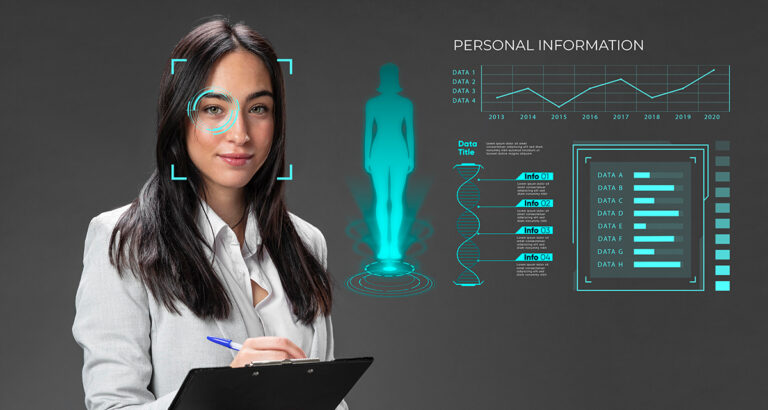The study’s single‑arm, open‑label pilot (NCT04932434) evaluated the safety, feasibility, and preliminary efficacy of psilocybin‑assisted therapy in 12 adults (mean age 63.2 years; 41.7% women) with mild‑to‑moderate Parkinson’s disease (PD) and comorbid depression or anxiety. Participants received two oral psilocybin doses (10 mg followed by 25 mg) coupled with structured psychotherapy; nine remained on stable carbidopa‑levodopa regimens.
Safety endpoints included treatment‑emergent adverse events (AEs). Transient anxiety occurred in 67% at 10 mg and 25% at 25 mg, nausea in 50%, and elevated blood pressure in 25% and 50%, respectively; no serious AEs or psychotic exacerbations were observed, although one participant experienced transient suicidal ideation. Secondary outcomes demonstrated substantial and sustained clinical benefits.
Depression scores decreased by 9.3 points at three months (P = .001; Hedges’ g = 1.0) and anxiety by 3.8 points (P = .031; g = 0.7). Non-motor symptoms (MDS‑UPDRS Part I) improved by 13.8 points (P < .001; g = 3.0), while motor scores improved in Part II (–7.5; P < .001; g = 1.2) and Part III (–4.6; P = .001; g = 0.3). Cognitive flexibility gains were observed in spatial working memory (–0.52; P = .003; g = 0.7), visual learning (–0.44; P = .003; g = 0.4), and probabilistic reversal learning (+2.9; P = .003; g = 1.3). Care partner–rated neuropsychiatric burden decreased by 5.2 points (P < .001; g = 1.8).
Therefore, psilocybin therapy was well tolerated and produced meaningful mood, motor, and cognitive improvements in PD; however, the small, uncontrolled sample and limited diversity necessitate rigorous, placebo‑controlled trials to confirm efficacy and safety.





